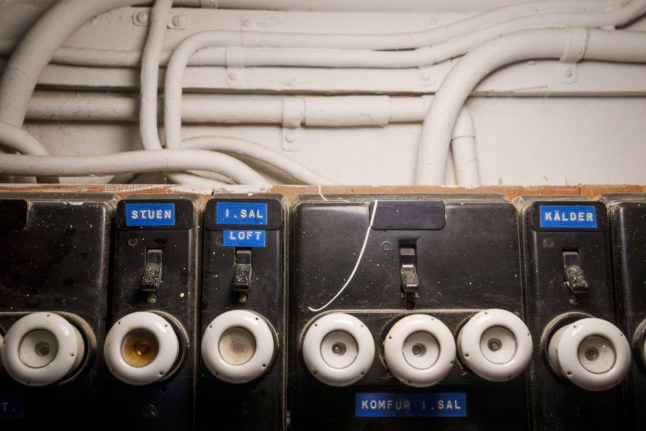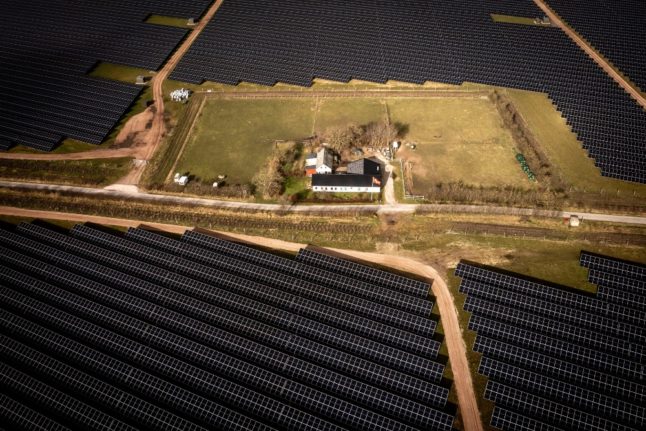Energy consumers in Denmark paid too much for the transport element of their energy bills over a number of years, state auditor Statsrevisorerne has concluded according to a report by broadcaster DR.
In a new report for Rigsrevisionen, Denmark’s national audit agency, the auditors criticise checks of 600 Danish energy companies undertaken by another agency, Forsyningstilsynet (Danish Utility Regulator).
The mandate of the utility regulator is to protect consumer interest in the utility sector, including by checking price levels of energy companies that have local monopolies on energy transportation to homes and businesses.
Regulation by Forsyningstilsynet between 2018 and 2021 resulted in companies being told to reduce their prices by a total of 60 million kroner, according to DR.
But the work was not rigorous enough according to the state auditors, which have concluded that it is “probable” that not all rule breaches were discovered and that therefore many cases in which consumers overpaid went undetected.
“The state auditors find it very unsatisfactory that a number of consumers have paid too much for transport of utilities and that there is a risk that this applies for several consumers for electricity, gas and heating alike,” they state in the criticism.
The regulator failed to strategically identify companies where the risk of rule breaches was greatest and to thereby focus scrutiny on those companies, according to the auditor.
That includes a lack of checks of heating transportation companies in particular, DR writes.
The chair of the state auditors, Conservative MP Mette Abildgaard, called the conclusions “very worthy of criticism”.
“This affects many Danish families which are fighting to pay their heating and electricity bills right now, and those bills could have been lower if the Danish Utility Regulator has conducted sufficient checks,” she said in a comment to DR.
“The Utility Regulator is independent but the minister [utilities minister Lars Aargaard, ed.] can therefore open a dialogue with the regulator – and law changes could be considered. At the state auditors we will have a meeting with the National Audit Agency where they will tell us how they will prepare their own checks,” Abildgaard said.
The minister is yet to comment on the issue, DR writes.
A total of 76 inspections were conducted by the Utility Regulator between 2018 and 2021, resulting in 34 irregularities being detected. That resulted in companies being ordered to refund customers on 22 occasions, DR reports. This is where the figure of 61 million kroner comes from – it is the amount that has already been paid back or ordered to be paid back by companies.
As such, the state auditors suspect Danish consumers may have overpaid in substantially more cases than the ones detected.



 Please whitelist us to continue reading.
Please whitelist us to continue reading.
Member comments